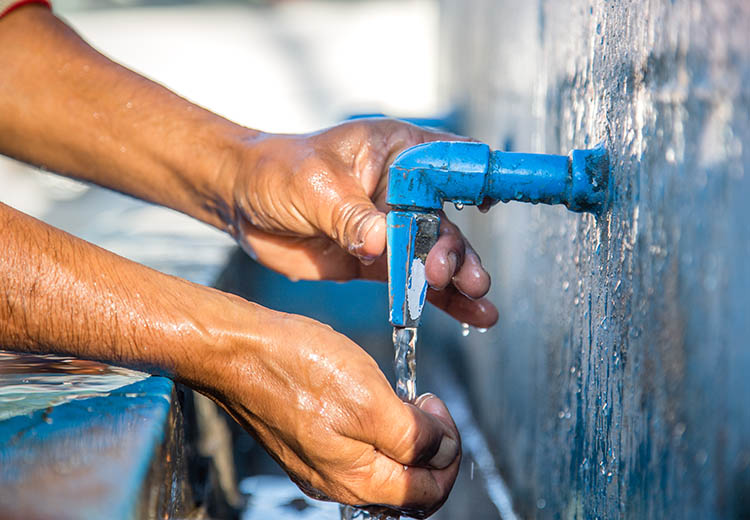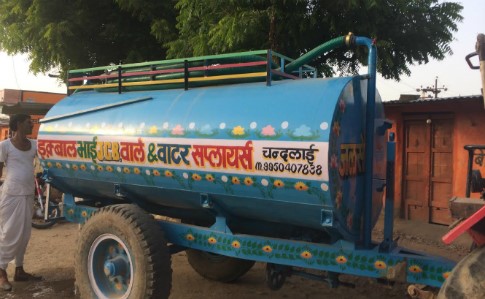Safeguarding water resources in India

Sponsored by
Safeguarding water resources in India

Water is essential to society. The water industry constitutes a significant part of economic activity locally, nationally and internationally, and land and water management are crucial to environmental quality.
While India has 17 percent of the world's population, it holds only 4 percent of the world's renewable water resource.
Philippe Cullet, Professor of International and Environmental Law, worked closely with the Indian Government’s Planning Commission, in particular with its working group on water governance, to draft a legal framework to protect these vital resources for present and future generations.
The vulnerability of India’s water supply has led to recent moves by the country’s government to formulate legislation on the use of this most precious resource. Cullet’s research helped to re-define the conceptual framework underpinning water law, such that it is now informed by human rights and sustainability concerns. This led to the drafting of a groundwater model bill, which proposes a radically new legal structure.

Private water provision through tankers in Tonk district, Rajasthan. SOAS expertise underpins the legal framework governing water in India. Photo: Philippe Cullet